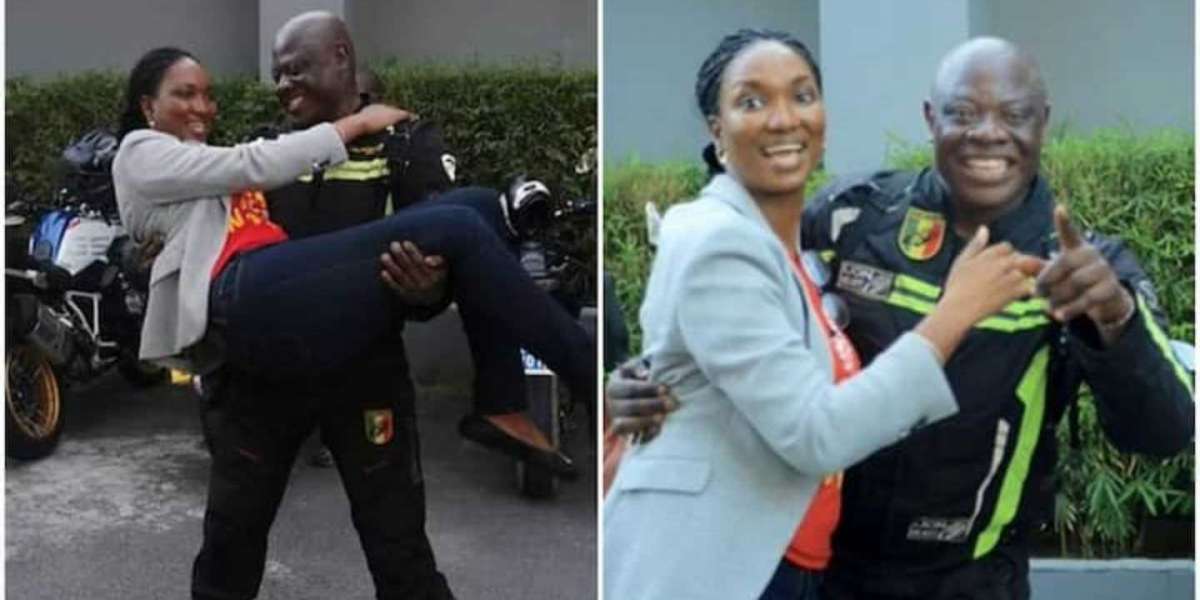Responding to the question, "Will you be my Valentine?" can vary greatly depending on your feelings towards the person asking, the nature of your relationship, and the context in which the question is asked. It's a question that carries emotional weight, as it is often associated with romantic interest. Here are several ways to respond, catering to different scenarios:
1. Positive Response (If You Share the Feelings):
- Direct Acceptance: Simply saying, "Yes, I'd love to be your Valentine," is a straightforward and clear way to accept the offer.
- With Enthusiasm: If you're genuinely excited, don't hesitate to show it. "Absolutely! I was hoping you'd ask!" conveys your enthusiasm and happiness.
- Adding Flirtation: A playful response like, "I thought you'd never ask! Yes, of course!" adds a bit of flirtatious tone to your acceptance.
2. Appreciative but Non-Committal Response (If You're Unsure):
- Asking for Time: If you're unsure, it's okay to take time to think. "That's really sweet. Can I think about it and let you know?" This response shows appreciation while giving you time to consider.
- Seeking Clarification: If you're not sure what being someone's Valentine entails, ask for clarification. "I'm flattered! What do you have in mind?"
3. Redirecting Towards Friendship (If You Only See Them as a Friend):
- Friendzone Response: A gentle letdown like, "I'm really flattered, but I think I'd prefer to keep our relationship as friends. I hope that's okay," is respectful and clear.
- Offering an Alternative: Propose a different way to spend time together. "I value our friendship a lot, so how about we do something fun as friends on Valentine's Day?"
4. Declining Politely (If You're Not Interested):
- Polite Refusal: A simple and respectful decline, such as "I'm honored, but I'm not interested in dating right now. I hope you understand," is straightforward and honest.
- Compliment Before Declining: Soften the rejection with a compliment. "You're a wonderful person, but I don't feel we're a match in that way. Thank you for asking, though."
5. Humorous Response (If You Share a Close and Playful Relationship):
- Light-Hearted Acceptance: "Only if you're promising to bring me chocolate," can be a playful way to say yes while keeping the mood light and fun.
- Joking Decline: If you share a good rapport, a humorous decline like, "Only if you're training to be my personal chef," can lighten the rejection.
6. Serious or Deep Response (If You Have Strong Feelings):
- Expressing Your Feelings: If this question prompts deeper feelings, you might want to share them. "Yes, I would. I've actually been feeling very strongly about you lately."
- Discussing the Relationship: If this question seems like a significant step in your relationship, it might be a good opportunity to talk about where you both stand. "I'd love to be your Valentine. This might be a good time for us to talk about what that means for us."
Conclusion:
Responding to "Will you be my Valentine?" is a personal decision that should be based on your feelings, the nature of your relationship with the person, and the context. It's important to be honest and considerate in your response, whether you're accepting, declining, or seeking more time or information. Your reply should respect both your feelings and those of the person asking.
What does it mean when someone tells you will you be my valentine?
When someone asks you to be their Valentine, it typically signifies a romantic interest or gesture. This question is traditionally associated with Valentine's Day, a day celebrating romance and love. Asking someone to be their Valentine can range from a light-hearted, playful suggestion to a more serious expression of romantic interest. It might mean:
- Expression of Interest: The person is showing an interest in dating or pursuing a romantic relationship with you.
- Symbolic Gesture: For those already in a relationship, it's a reaffirmation of love and affection.
- Casual Proposition: Sometimes, especially in younger groups or casual contexts, it might be a way to simply enjoy Valentine's Day festivities together, without serious romantic implications.
- Deepening a Connection: If a friendship exists, this could be a way of expressing a desire to take the relationship to a romantic level.
What to do if a girl asks you to be her valentine?
If a girl asks you to be her Valentine, your response should depend on your feelings towards her and your interest in engaging in Valentine’s Day activities with her. Consider the following:
- If You're Interested: Express your acceptance clearly and enthusiastically. For instance, “I’d be happy to be your Valentine!”
- Plan Something Special: If you accept, consider planning a special activity or gesture for Valentine’s Day, like a date or a thoughtful gift.
- Communicate Openly: If you’re unsure about your feelings or the nature of your relationship, it’s okay to ask for clarification about what being her Valentine means to her.
How do you say no when someone asks to be your valentine?
Saying no to someone asking you to be their Valentine should be done respectfully and gently, especially since such questions can make one vulnerable. Consider these approaches:
- Be Honest and Kind: Honesty is important, but so is kindness. A response like, “I’m flattered, but I don’t see us in that way” can convey your feelings without being hurtful.
- Offer a Gentle Explanation: If comfortable, giving a brief explanation can be helpful. For example, “I’m not looking for a romantic relationship right now.”
- Stay Respectful: Avoid making the other person feel bad for asking. Acknowledge their feelings and thank them for their interest.
How do you say will you be my valentine?
Asking someone to be your Valentine should be done in a way that feels genuine to your personality and your relationship with the person. Here are some ideas:
- Direct Approach: Simply asking, “Will you be my Valentine?” is clear and to the point.
- Add a Personal Touch: Tailor your approach to the person’s interests or your shared experiences. For example, if they love books, you could say, “I’d be delighted if you’d be the Romeo to my Juliet this Valentine’s Day.”
- Use a Light-Hearted Gesture: Sometimes a small gift or a playful note can be a charming way to ask the question.
- Consider the Context: The setting and timing can also be important. Choose a moment when you both feel comfortable and relaxed.
In essence, asking someone to be your Valentine or responding to such a request requires a blend of honesty, sensitivity, and consideration of the other person's feelings. Whether accepting, declining, or making the proposal, the key is to be respectful and genuine in your approach.
If someone asks me “will you be my Valentine”, what should be my answer?
Responding to the question, “Will you be my Valentine?” depends on your feelings toward the person asking and what you want from your relationship with them. This question, often associated with romantic interest, can be approached in various ways:
1. If You're Interested in Them Romantically:
- Direct Acceptance: A straightforward “Yes, I’d love to be your Valentine” clearly communicates your mutual interest.
- With Enthusiasm: If you're excited about it, don’t hesitate to express that. Saying something like, “Absolutely! I was hoping you’d ask!” can convey your enthusiasm and make the moment special for both of you.
- Flirty Response: If you share a flirtatious rapport, responding in a playful manner can be fitting. For example, “I thought you’d never ask! Yes, I will.”
2. If You Like Them But Are Unsure About Romance:
- Requesting Clarification: If you’re unsure what their intentions are (whether it’s serious or casual), ask for clarification. You could say, “That sounds fun, but just to be clear, are you thinking of this as a date or as friends hanging out?”
- Taking Time to Think: If you need time to consider your feelings, it's okay to express that. “I’m flattered you asked. Can I take a little time to think about it?”
3. If You Value Them as a Friend But Not Romantically:
- Gentle Friendzone: Politely declining with an emphasis on friendship can maintain your current relationship. “I really value our friendship and want to keep it that way. I hope you understand.”
- Alternative Suggestion: Offering an alternative can soften the rejection. “I’m not into celebrating Valentine’s Day romantically, but would you like to do something fun as friends?”
4. If You're Not Interested:
- Polite Decline: A respectful and straightforward “No” is often the best policy. “Thank you for asking, but I’m not interested in being anyone’s Valentine this year.”
- Compliment Before Decline: Soften the rejection with a compliment, if appropriate. “I appreciate the offer, you’re a great person, but I’m not interested in dating right now.”
5. If You’re Already Committed:
- Expressing Your Status: If you’re already in a relationship, a simple mention of your commitment can be a respectful decline. “I’m flattered, but I’m already in a relationship.”
- Declining with Tact: Ensuring the person doesn’t feel embarrassed about asking is key. “That’s really sweet of you to ask, but I’m already seeing someone.”
Conclusion:
Your response should reflect your true feelings and intentions. It’s important to be honest, whether you’re accepting or declining the offer. How you communicate your response can greatly impact the existing relationship with the person, so consider your words carefully. Being kind and respectful, regardless of your answer, helps maintain a good rapport with the person who asked.

